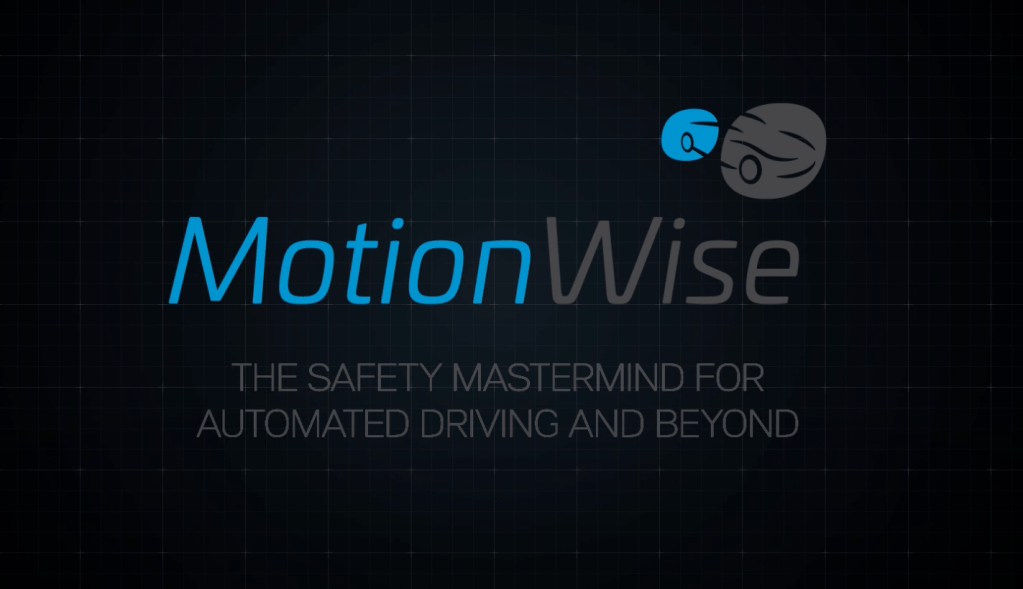Automakers keen to sell vehicles loaded with features and software services — in a bid to generate more revenue — have an information overload challenge.
These so-called software-defined vehicles contain myriad systems-on-a-chip (SoCs) running anything from electric powertrains to driver assistance features to infotainment. The crux is that they all must work in concert.
Car sensors like cameras and radar capture data, translate it and send it the powertrain to enable features like emergency braking. It all has to happen in real time, within milliseconds, while simultaneously not interfering with the Spotify a driver is streaming through the vehicle.
A wave of startups have cropped up over the past several years to manage these critical information flows. TTTech Auto, a Vienna-based automotive safety software provider, is one such company. Its flagship product, MotionWise, is a software safety platform that allows data to flow between a car’s different control systems, and ensures they work safely, securely and in real time without interfering with each other, according to Georg Kopetz, CEO and co-founder of TTTech Auto.
TTTech Auto just scored the backing of major Tier 1 automotive tech supplier Aptiv, a sign of the supplier’s deepening interest in tech that facilitates advanced driver assistance systems (ADAS). TTTech Auto — which came out of TTTech Group, a provider of safe networked computing platforms across automotive, aerospace, mobile machinery and automation industries — announced on Thursday its $285 million Series C raise, led by Aptiv and supported by existing investor Audi. (The Series C is expected to close within the next two months, the company said.)
Aptiv comes on as a strategic investor at a time when the company is working on accelerating the transition to the software-defined car by offering a complete stack to automakers, one that includes high-performance hardware, cloud connectivity and a software architecture that is open, scalable and containerized.
Last month, Aptiv also acquired Wind River for $4.3 billion in order to integrate the company’s edge-to-cloud tech that develops, runs and manages mission-critical intelligent systems. TTTech Auto is not for sale. Kopetz says the company wants to continue to operate independently so it can work with multiple players in the industry, but that it’s happy for MotionWise to complement Aptiv’s strategy of providing smart vehicle architecture on its path to be a leading player in the software-defined arena.
“The combined expertise and complementary technologies of Aptiv and Wind River — further augmented with TTTech’s deterministic framework, that enhances active safety software applications — are uniquely positioned to assist OEMs in cost-effectively accelerating the development and deployment of the software defined vehicle,” said Kevin Clark, president and CEO of Aptiv, during the company’s 2021 Q4 and full-year earnings call on Thursday.
TTTech and Aptiv have worked together in the past on Audi’s central driver assistance controller for automated driving, with Aptiv serving as the system supplier on the hardware side and TTTech supporting the architecture design and safety software platform to ensure operations across the overall ADAS.
While MotionWise has so far been mainly applied to ADAS and other automated driving features, the goal is to support software as it scales to Level 4 and Level 5 autonomy, which SAE defines as the autonomous system managing all of the driving in either limited operational design domains or in all conditions, respectively.
With this in mind, Aptiv might have a more long-term reason to invest strategically in a scalable system architecture that functions under the hood of autonomous vehicles. In 2017, Aptiv, formerly Delphi, purchased autonomous vehicle technology company nuTonomy, which it later spun off into a separate joint venture with Hyundai, called Motional. Motional is currently gearing up to launch commercial robotaxi operations in partnership with Lyft in Las Vegas next year using a self-driving Hyundai Ioniq, as well as an autonomous delivery pilot with Uber in Santa Monica this year.
Neither Aptiv nor Kopetz confirmed whether MotionWise would be applied to Motional vehicles in the future. The tech, which was originally launched in 2017, is already in more than 2 million passenger vehicles worldwide, including in VW Group brands Audi and Volkswagen. It’s also headed to several upcoming car models under Hyundai Kia Motors Group and SAIC Motor Corporation soon, according to Kopetz.
For its part, TTTech intends to use its latest funding round to grow its team internationally, with a strong focus on Asia, according to the company. TTTech Auto already operates a JV (Technomous) with SAIC Motor Corporation. The company said it intends to hire in software and safety engineering, strategic product management and business development across Asia, Europe and North America.
In addition, TTTech is on the lookout for potential mergers and acquisitions. While the company itself wants to remain an independent player so it can work with a range of partners in the ecosystem, it is interested in acquiring complementary products, technologies and services to continue to address the ongoing safety needs of car manufacturers.
“We believe there’s a lot of room for cooperation in this space, and this funding gives us an opportunity to grow on an independent path and to work also with companies that are in need of co-financing or co-innovation and are not able to do it on their own,” said Kopetz.
Correction: The article was corrected to show that MotionWise is not yet in Hyundai Motor Group and SAIC branded models. It will be in upcoming models.































Comment